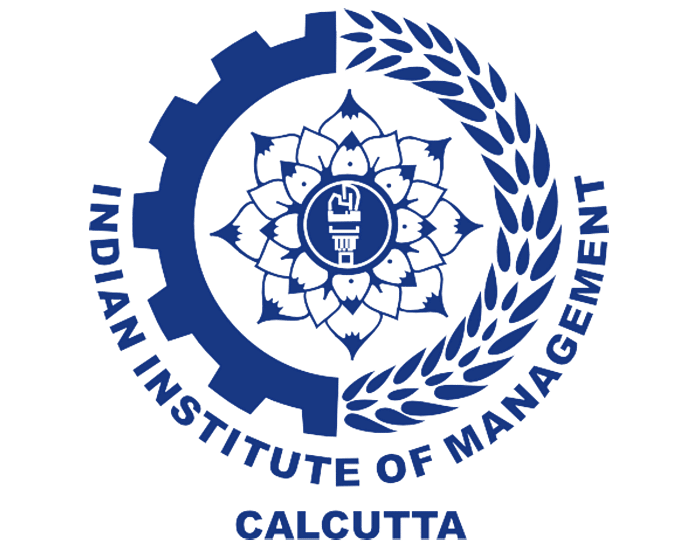While training the Budding Leaders & interacting with experts in the HR fraternity, self explored the ways interviews are being conducted in the present scenario. The transformation in the manner hiring managers conduct interviews of candidates is altogether a different experience for the freshers & experienced job seekers. From focus on the technical skills to more of emotional intelligence & behavioral skill sets.
Some of the interview patterns observed is:
1. SBQs (Situation Based Questions) :
The prime motto of adopting this pattern is to extract the real personality of the candidate while he/she is answering the questions. Further, these types of questions reveal if the candidate has actually performed the tasks & how had she/he handled varied situations. The best way to answer these categories of questions is the STAR method: Situation, Task, Action & Result.
2. BEIs (Behavioral Event Interviewing):
Behavioral competency evaluation is a vital part of the performance management process in high performing organizations. BEI techniques enable the candidate to highlight his core areas & traits to be applied at the workplace. The hiring managers, during BEIs, also are in a position to ascertain the extent to which the candidate will be able to fit in the workplace culture of the organization. Being realistic, truthful & optimistic opens the door to a large extent
3. Attitudinal Assessment:
Learning organizations are always more concerned about the attitude of the prospective employee towards the organization & its stakeholders. This type of assessment is mostly done while hiring people with zero or less than 2 years of work experience. Questions are raised to identify if the candidate has a learning attitude & can work in collaboration with others. Discussions on team/group dynamics play a major role in ascertaining the relevant information on the attitude of the candidate.
4. Personality Assessment Tests/Interviews:
Interviewers often fail in assessing the real personality which includes “Human+ Being” self during the discussion, unless frame questions in manner that Human & being self is unveiled. Models like MBTI & Caliper profile are some of the highly used tools to assess one’s personality, however during face to face interviews focus on asking questions based on these models, and are more as the interviewer can read the expressions & non-verbal cues of the candidate while answering. The optimum way to deal with such questions is to stay confident & be truthful.
5. Emotional Intelligence (EI):
Traditional Intelligence quotient (IQ) highlights the information on the necessary KSAs required in a candidate for a suitable job. However, pandemic has taught all to work & build a resilient attitude & be emotionally strong. In this context, organizations have now become mindful to look for emotionally strong intrapreneurs instead only intelligent & social employees. Questions based on one’s feelings, likings-disliking, emotions are discussed &responses are monitored. The most favorable manner of answering such questions is to follow SOBC model- the Stimulus, Organism, Behavior, Consequence & emotions attached with it. To be specific self awareness & regulation of emotions will lead to the most appropriate answer & fitment to the organizational culture.
Authored by: Divya Jain, Head of HR Department (TGBS)

![Thakur Global Business School - [TGBS]](https://image-static.collegedunia.com/public/college_data/images/appImage/1599289208Cover.jpg?h=240&w=1000&mode=crop)
![Thakur Global Business School - [TGBS]](https://image-static.collegedunia.com/public/college_data/images/logos/1612014503TGBSlogo1.png?h=71.17&w=71.17&mode=crop)











![SP Jain [SPJIMR]](https://image-static.collegedunia.com/public/college_data/images/appImage/18617_SPJAIN_New.jpg?h=111.44&w=263&mode=crop)





![Shailesh J. Mehta School of Management, IIT Bombay - [SJMSOM]](https://image-static.collegedunia.com/public/college_data/images/appImage/18735_cvr.jpg?h=111.44&w=263&mode=crop)

![School of Business Management, NMIMS University - [SBM NMIMS]](https://image-static.collegedunia.com/public/college_data/images/appImage/_LAW1.jpg?h=111.44&w=263&mode=crop)





![MBA/PGDM | admission | 2024 | Narsee Monjee Institute of Management Studies - [NMIMS Deemed to be University]](https://image-static.collegedunia.com/public/college_data/images/logos/1506323004Logo.jpg?h=72&w=72&mode=crop)




![MBA/PGDM | admission | 2024 | Indian Institute of Management - [IIMC]](https://image-static.collegedunia.com/public/college_data/images/logos/1488950580d2.png?h=72&w=72&mode=crop)




 “
“











![Thakur Institute of Management Studies and Research - [TIMSR]](https://image-static.collegedunia.com/public/college_data/images/logos/1611993518timsr.jpg?h=72&w=72&mode=crop)






![MET Asian Management Development Centre - [MET AMDC]](https://image-static.collegedunia.com/public/college_data/images/logos/1618077138lohooooo.png?h=72&w=72&mode=crop)

![Valia School of Management - [VSM]](https://image-static.collegedunia.com/public/college_data/images/logos/1651208792index.jpg?h=72&w=72&mode=crop)



![Atharva Institute of Management Studies - [AIMS]](https://image-static.collegedunia.com/public/college_data/images/logos/1589371942aimslogoweb.jpg?h=72&w=72&mode=crop)
![N. L. Dalmia Institute of Management Studies and Research - [NLDIMSR]](https://image-static.collegedunia.com/public/college_data/images/logos/1711707734Screenshot20240329155132.jpeg?h=72&w=72&mode=crop)

![Lala Lajpat Rai Memorial Polytechnic - [LLRMP]](https://image-static.collegedunia.com/public/college_data/images/logos/1600075388logo1.png?h=72&w=72&mode=crop)

![SVKM'S NMIMS Institute of Intellectual Property Studies - [IIPS]](https://image-static.collegedunia.com/public/college_data/images/logos/1506323953Logo.jpg?h=72&w=72&mode=crop)
![Anil Surendra Modi School of Commerce - [ASMSOC]](https://image-static.collegedunia.com/public/college_data/images/logos/1506678057logo.jpg?h=72&w=72&mode=crop)





Comments